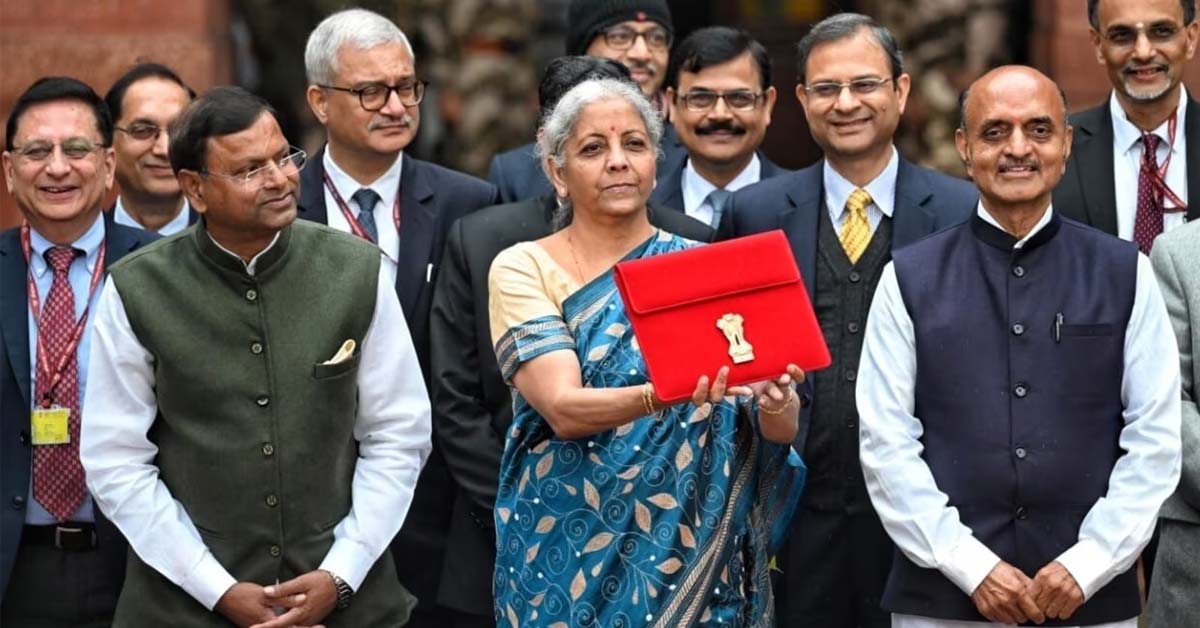In a significant move to support startups, the government has scrapped the ‘angel tax’ for all investor categories, providing a major boost to the startup ecosystem.
“To bolster the Indian start-up ecosystem, boost the entrepreneurial spirit and support innovation, I propose to abolish the so-called angel tax for all classes of investors,” Finance Minister Nirmala Sitharaman stated in her Budget speech
The angel tax, as outlined in Section 56.2 VII B, is a 30.6% income tax imposed on unlisted companies when they issue shares to investors at a price exceeding the fair market value. This tax can significantly impact the flow of funds for start-ups, particularly in their early stages when they rely heavily on foreign investments, according to industry experts.
The Department for Promotion of Investment and Internal Trade (DPIIT) had recommended the elimination of angel tax to the Finance Ministry, aligning with industry requests. Currently, only start-ups registered with DPIIT are exempt from angel tax, leaving a significant number of unregistered start-ups vulnerable to this tax. Notably, only approximately 1,34,260 start-ups are registered, indicating a substantial portion of the start-up community remains unregistered.
“Earlier, start-ups were allowed a tax exemption from angel tax subject to certain conditions such as the amount of share capital and securities premium post-fund raise not exceeding ₹25 crore, the end-use restrictions on funds raised by start-ups such as no investments in financial assets and a requirement to submit declaration in Form 2. The abolition of angel tax provisions will now enable start-ups to raise funds without any such conditions and compliance requirements,” as per Anish Shah, Partner, M&A Tax and Regulatory Services, BDO India.
The Angel Tax was introduced in 2012 to prevent money laundering by curbing the issuance of shares at values exceeding their fair market worth.
However, start-ups countered that their valuations, determined by investors, reflect future growth potential rather than current performance. The industry has contested the government’s notion that the disparity between valuations and actual performance indicates illicit activity, emphasizing that investors back start-ups based on their prospective success.
In a recent report, the finance minister has also shared the ground behind the scrapping of the angel tax. She denoted that the move came as a part of the government’s collective actions of removing hindrances for startups and helping them thrive.
“Two years ago, we tried removing hurdles for the startups. One year ago, we said startups will not be included at all. So, every year since 2016, when startups have been given such impetus by this government, we’ve tried removing many hindrances that startups were facing and this was one of them,” said Sitharaman to Economic Times
Further, the finance minister said that the government is also working on sorting out the issues for startups pending to pay their previously due angel taxes.
“The Revenue Secretary said Wednesday we will try to sort it out. My approach would be to see how best we can sort this out. Because it can’t be that we’ve removed a tax but those litigations are going to hang fire. That cannot be a fair treatment. We will have to work out something,” Sitharaman said
Angel Tax was first introduced in the Union Budget of 2012 by the former finance minister Pranab Mukherjee, under the UPA 2.0 regime in a move to control money laundering. Nirmala Sitharaman said that effective measures are now already in place to prevent money laundering.






